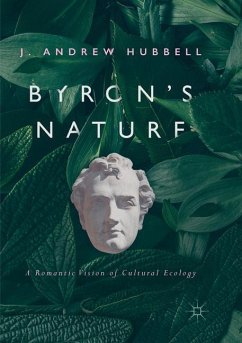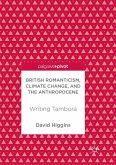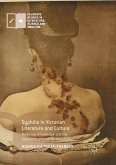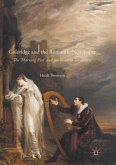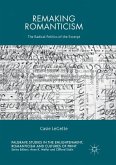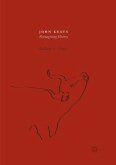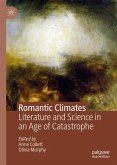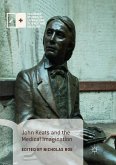This book is a thorough, eco-critical re-evaluation of Lord Byron (1789-1824), claiming him as one of the most important ecological poets in the British Romantic tradition. Using political ecology, post-humanist theory, new materialism, and ecological science, the book shows that Byron's major poems- Childe Harold's Pilgrimage , the metaphysical dramas, and Don Juan -are deeply engaged with developing a cultural ecology that could account for the co-creative synergies in human and natural systems, and ground an emancipatory ecopolitics and ecopoetics scaled to address globalized human threats to socio-environmental thriving in the post-Waterloo era. In counterpointing Byron's eco-cosmopolitanism to the localist dwelling praxis advocated by Romantic Lake poets, Byron's Nature seeks to enlarge our understanding of the extraordinary range, depth, and importance of Romanticism's inquiry into the meaning of nature and our ethical relation to it.
Bitte wählen Sie Ihr Anliegen aus.
Rechnungen
Retourenschein anfordern
Bestellstatus
Storno

